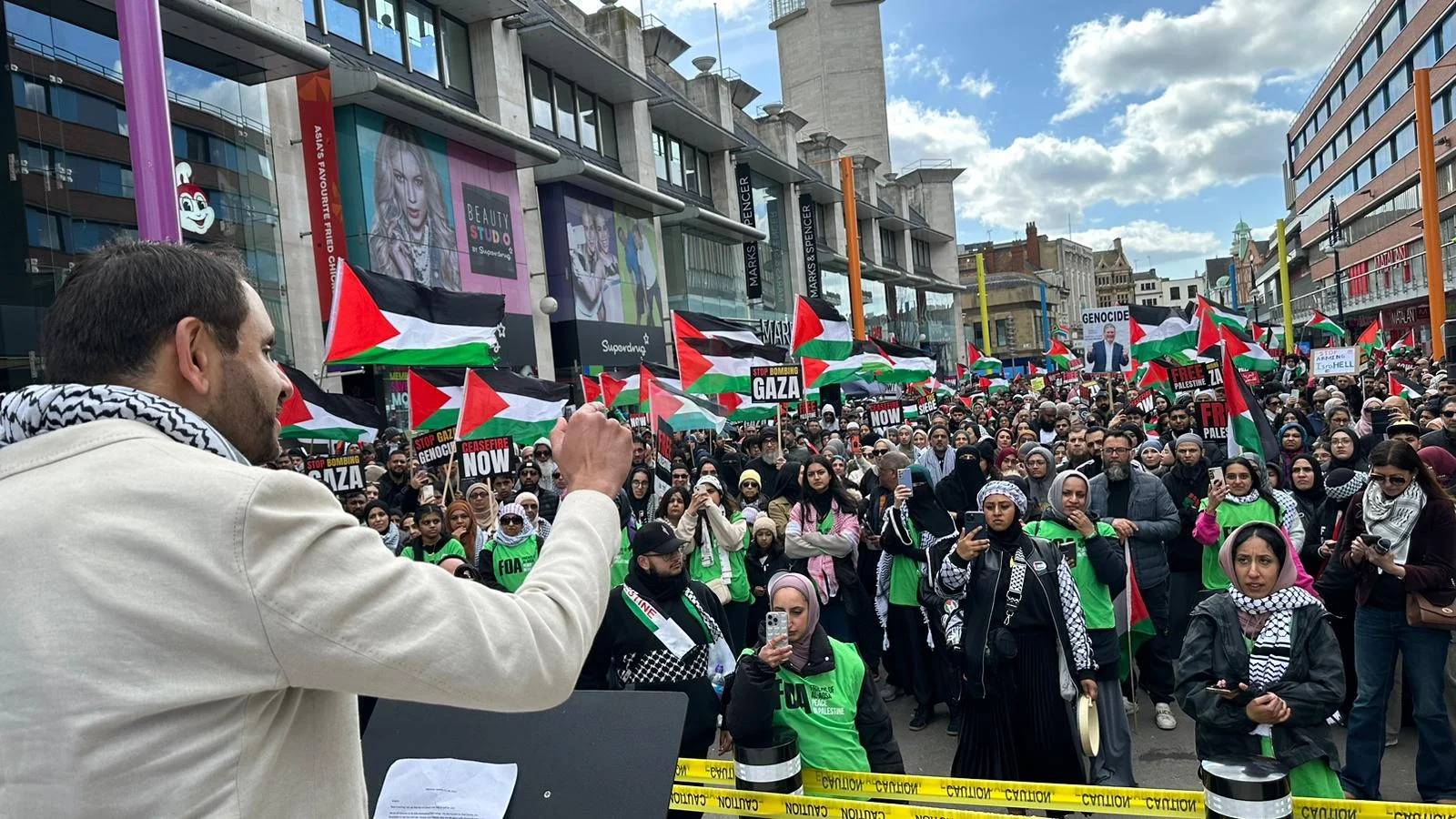Italian Cardinal Pietro Parolin, the Vatican’s Secretary of State, was in Moscow this week for meetings with both government officials and leaders of the Russian Orthodox Church. He held a news conference Tuesday after seeing Russian Foreign Minister Sergey Lavrov, discussing areas where the two sides agree (i.e., persecution of Christians in the Middle East) and where they don’t (e.g., Ukraine).
Presumably in an attempt to take the edge off of any perceived clash, Parolin made a point of insisting: “The Holy See does not intend, and cannot allow itself, to be identified with any political position.”
Ironically enough, that statement came one day after Pope Francis released a message for a Vatican-sponsored “World Day of Migrants and Refugees” set for next January, in which, seen through Italian eyes, he took about as blatantly political a position as one could imagine.
At the moment, one of Italy’s hottest political potatoes is a debate over a proposed ius soli law, which would grant Italian citizenship to foreign children born on Italian soil. Currently, Italian law bases citizenship mostly on ius sanguinis (“right by blood”), meaning based upon the parents’ Italian citizenship. Ius soli tends to be the rule in the Americas but not everywhere else, and is generally seen as a more permissive way to afford citizenship rights.
It’s an intensely partisan question, as the ius soli measure is backed by Italy’s governing center-left majority and Prime Minister Paolo Gentiloni, and largely opposed by the center-right and the country’s populist Cinque Stelle (“Five Star”) and Northern League parties.
With elections looking likely in early 2018, there’s every reason to believe that the ius soli debate will be a front-burner, and divisive, campaign issue.
With that background, here’s what Pope Francis said.
“While respecting the universal right for a nationality, it must be recognized and certified for all children at the moment of birth … The statelessness in which migrants and refugees sometimes find themselves can easily be avoided through legislation on citizenship complying with the fundamental principles of international law.”
RELATED: Pope calls for an end to ‘collective and arbitrary’ expulsion of migrants
Veteran Italian Vatican-watcher Andrea Tornielli rightly observed on Tuesday that the message is far broader than that one point, and is addressed to the whole world, not just il bel paese. He also correctly noted that Francis’s broadly pro-immigrant line is in keeping with his predecessors, citing precedents stretching back to St. Pope Pius X, whose feast fell on the day the message appeared.
However, Italians can be forgiven for concluding that the line on citizenship by birth has clear political relevance for them, because it does.
All this illustrates a classic form of ambivalence that runs through Vatican argot on politics. In a nutshell, here it is: When Vatican officials say they’re not “political,” what they really mean is, they’re not “partisan.”
That is to say, the Vatican is not really invested in whether Gentiloni gets reelected in 2018 or whether the center-right takes control of the Quirinale, the Italian equivalent of the White House. Similarly, they’re not committed to seeing either the Republicans or the Democrats come to power in the United States, or the Tories or Labor in the U.K., and so on.
Over the centuries, the Vatican has vast experience in dealing with regimes of all ideological stripes, and frankly has come to see them all as a mixed bag. Certainly the United States illustrates the point, as titanic battles were waged under St. John Paul II with both the Democratic administration of President Bill Clinton (over abortion in international law) and the Republican White House of President George W. Bush (over the invasion of Iraq).
Pretty much whoever’s in power, Vatican diplomats know there will be some things they like and some things they don’t, and it’s often a matter of pick your poison. Further, they can’t afford to be seen as partisan because politics is cyclical, and the forces you alienate today may be back in charge tomorrow.
Yet popes and the Vatican are keenly interested in the policies those governments pursue, and will often speak out in ways that have obvious political implications.
St. John Paul II’s defiance of the Soviet system and his patronage of the Solidarity movement in Poland is a classic example, and, more recently, we’ve watched Pope Francis emerge as a moral leader in the global fight against climate change – a position with stunningly clear political import in the United States, among other places.
The difference between the Vatican and other actors is that, fundamentally, popes aren’t interested in which political faction advances the positions they support, but in seeing those positions prevail. So, for instance, in Italy, should the center-right come out tomorrow and embrace the ius soli law, it’s not as if the Vatican or Pope Francis would mute their advocacy simply because they don’t want to see them succeed in 2018.
Underlying that point, of course, is the rich body of Catholic social teaching, which means that popes and their aides don’t take positions because they’re in somebody’s immediate electoral interests, but on the basis of longstanding principle.
Knowing this to be the case, I’ve often wondered why Vatican officials don’t just put it like that: “We’re political, but not partisan.” That would be a lot clearer, and it would also avoid the inevitable charges of hypocrisy and “interference” that always follow, like night follows day, whenever they take a stand on something.
(In Italy, charges of ingerenza, or “interference,” in politics is among the most common complaints about the Church one ever hears.)
But while we wait for the Vatican’s rhetoric to catch up with its reality, don’t be fooled. The Vatican may not really care who’s in power, but what those people do once they’re in charge is an entirely different matter.
















